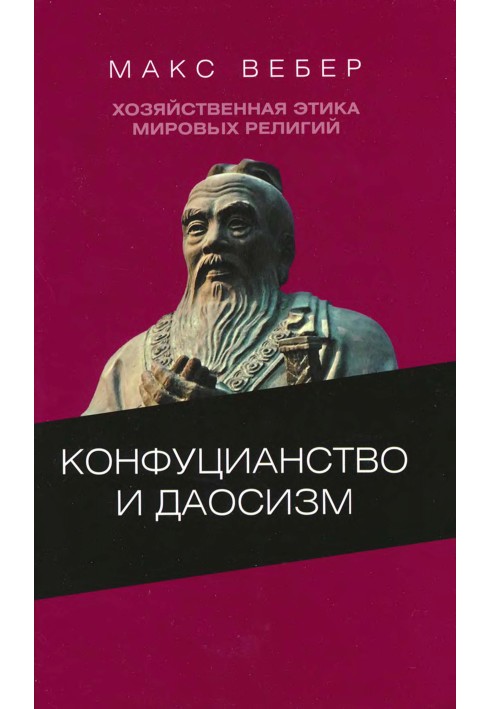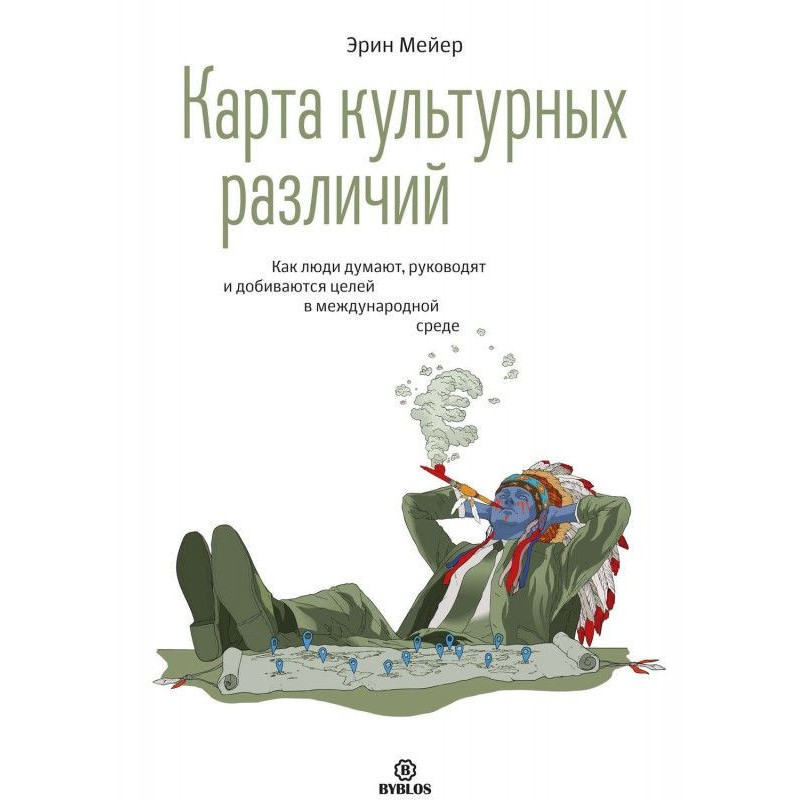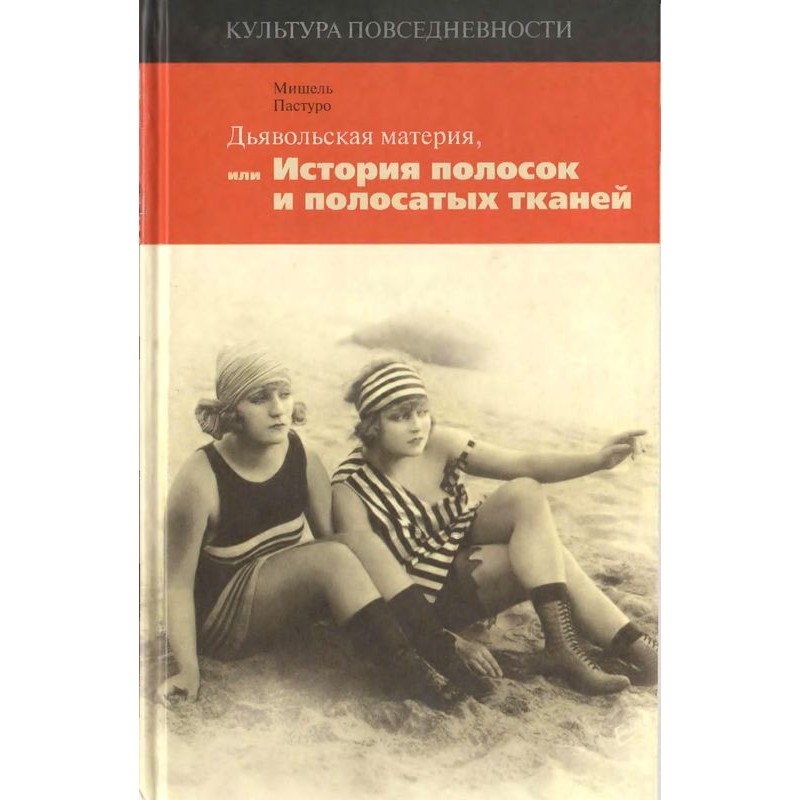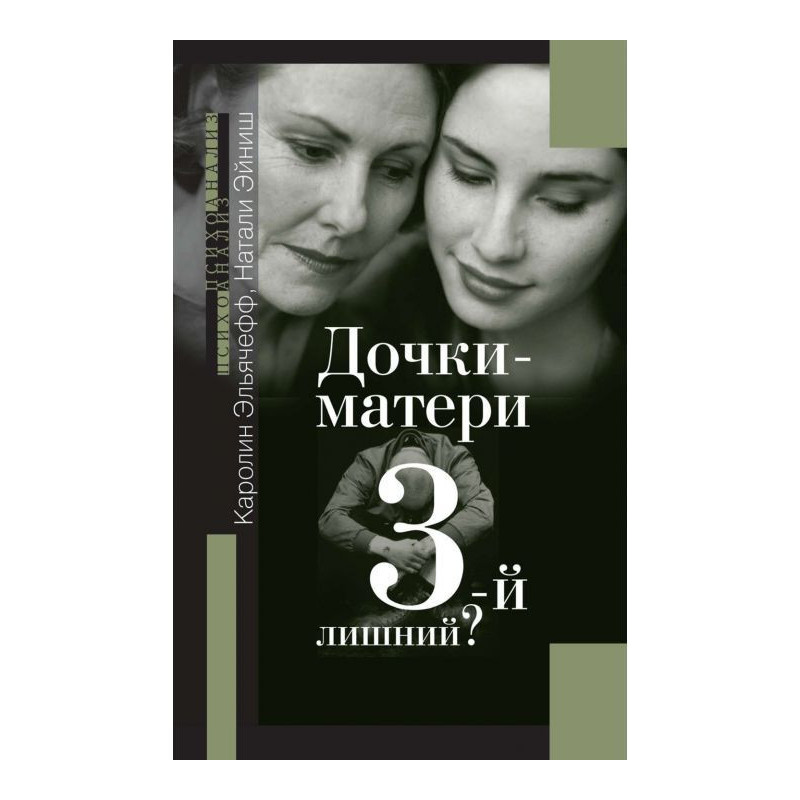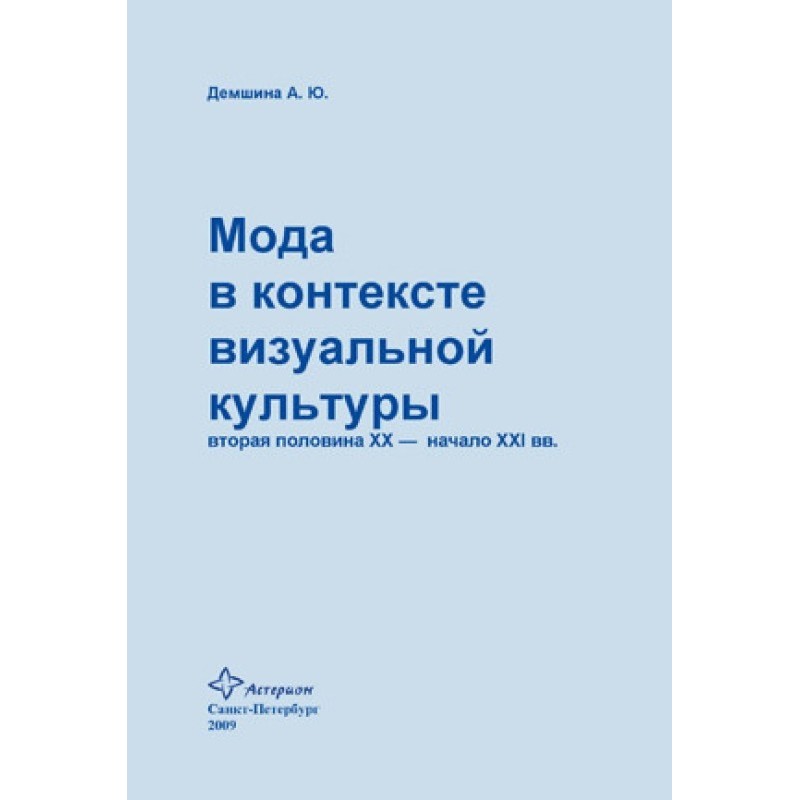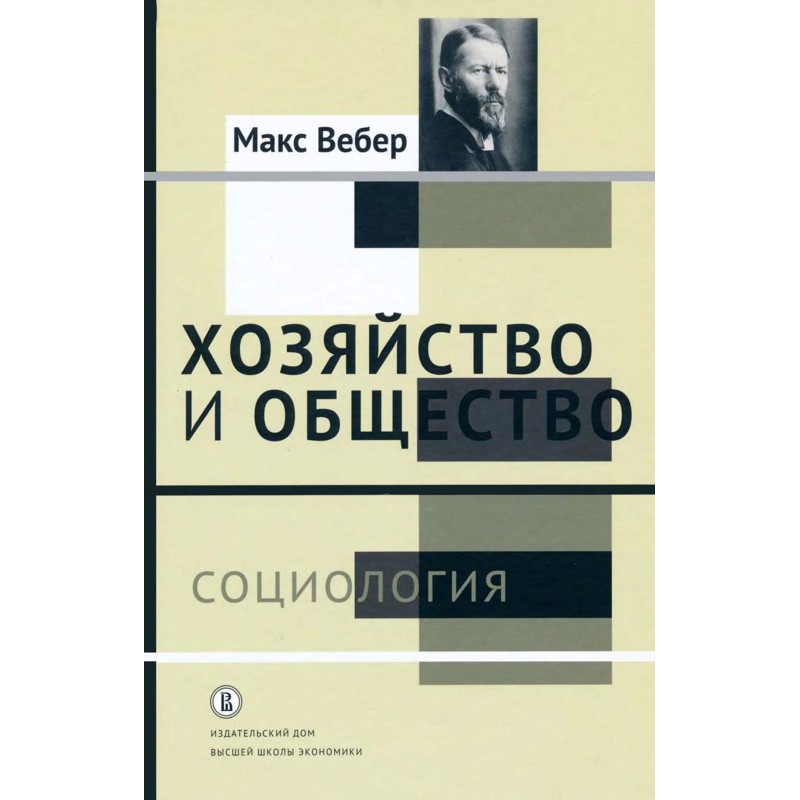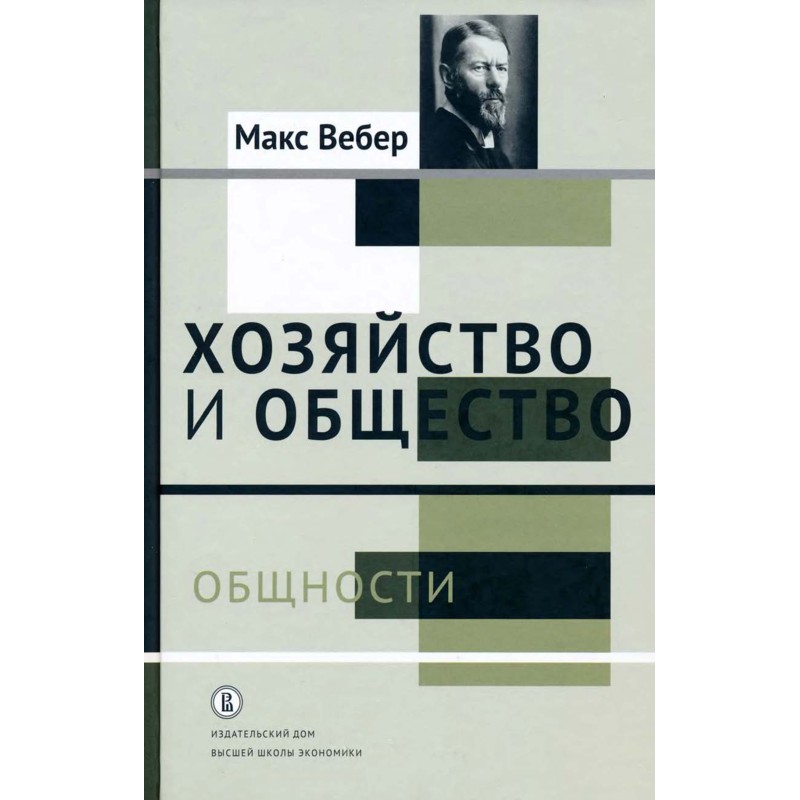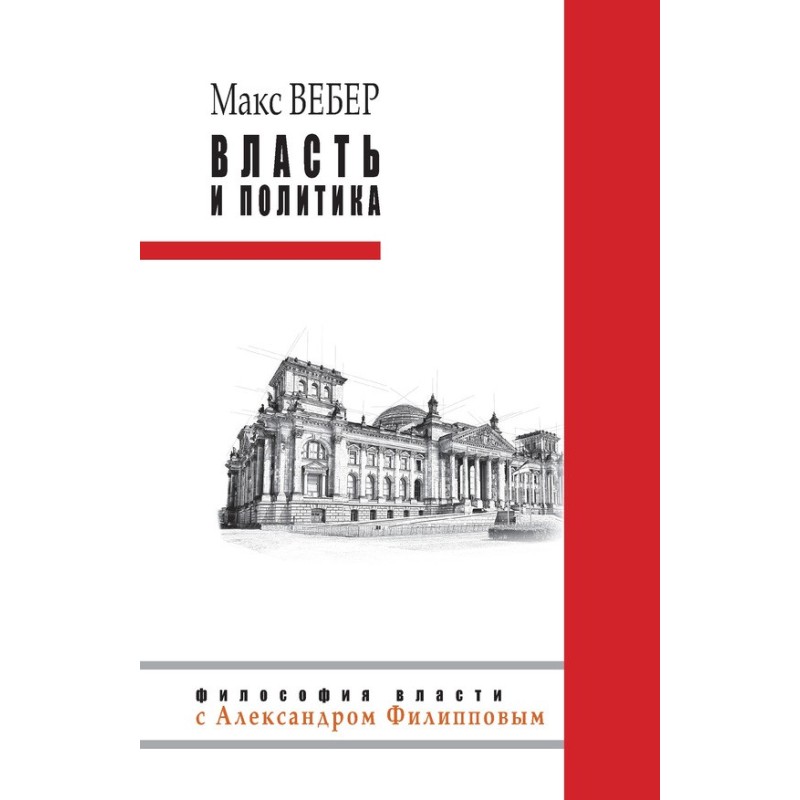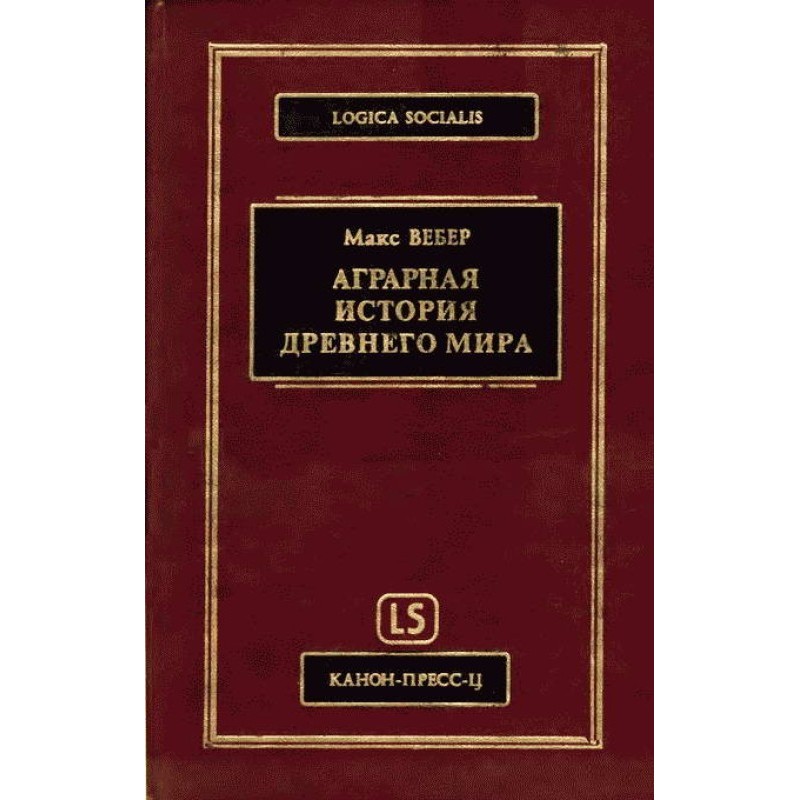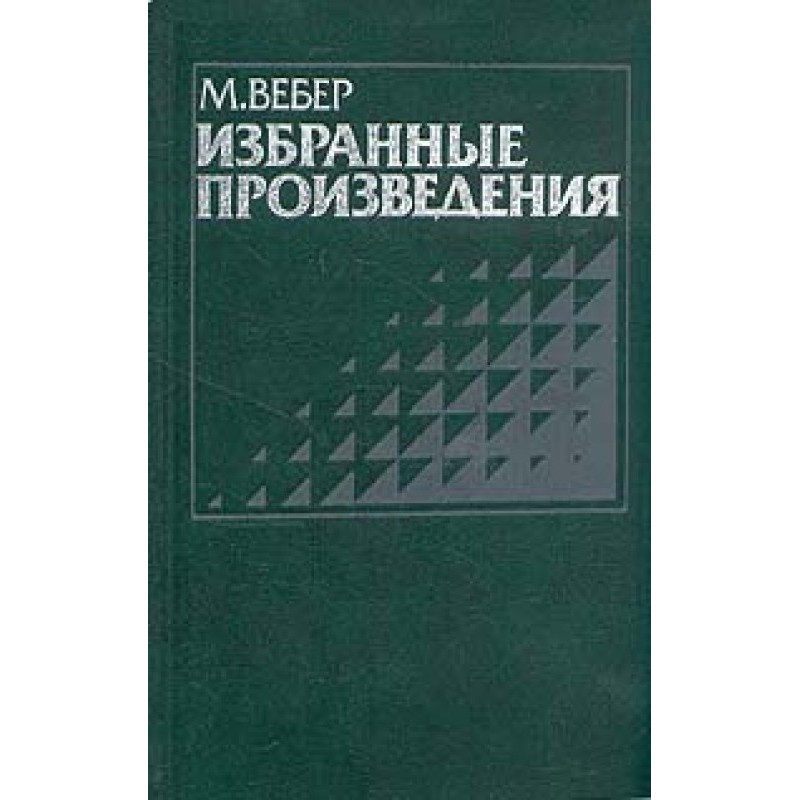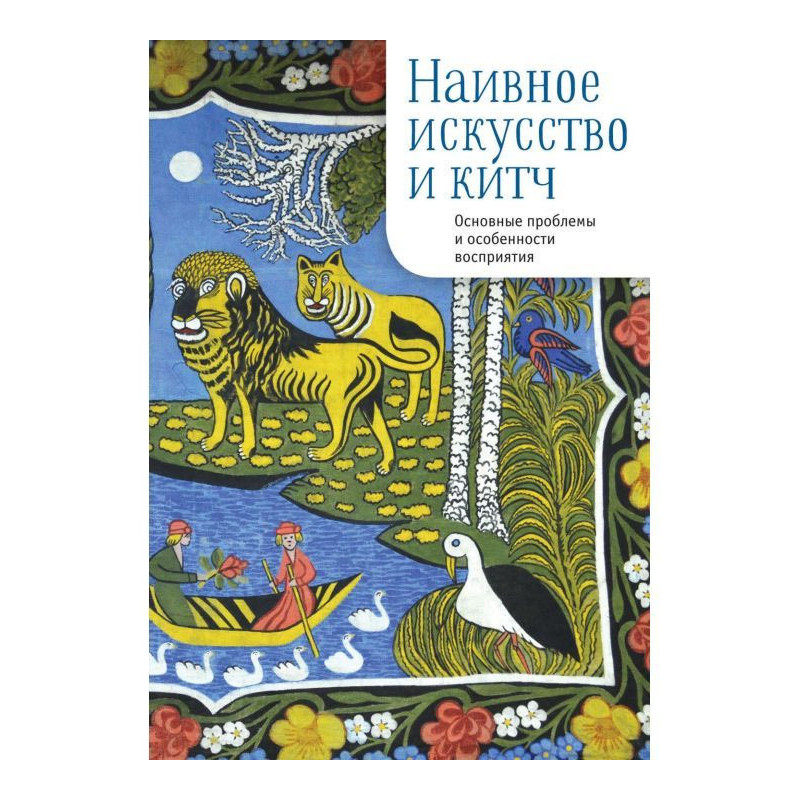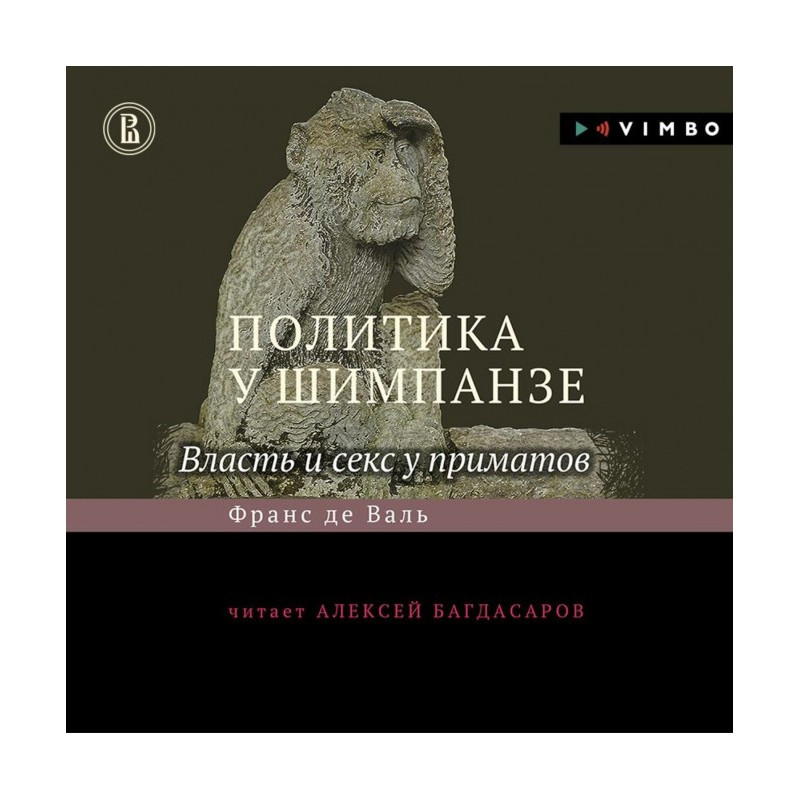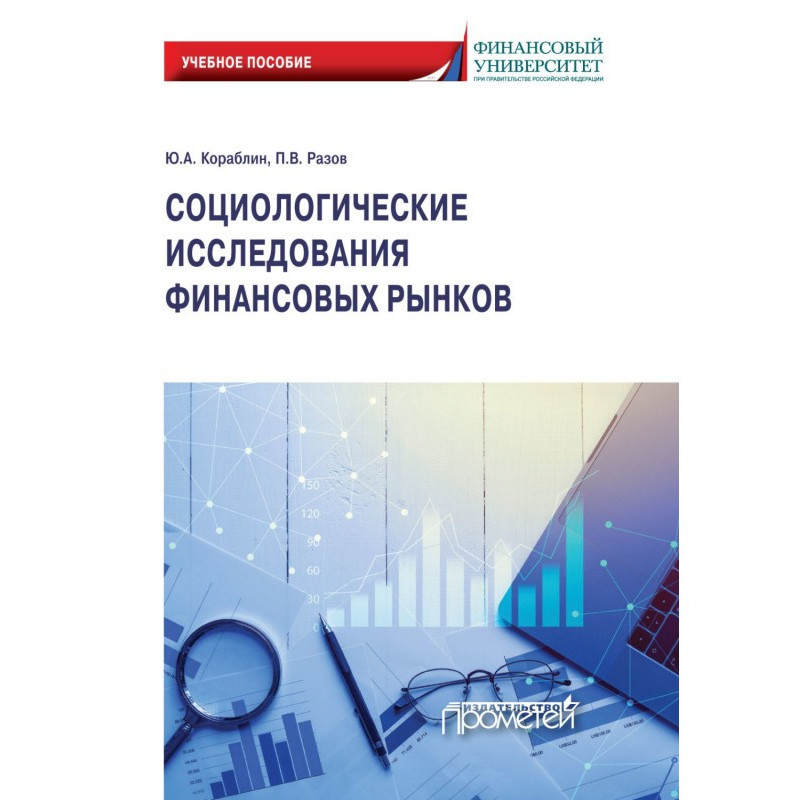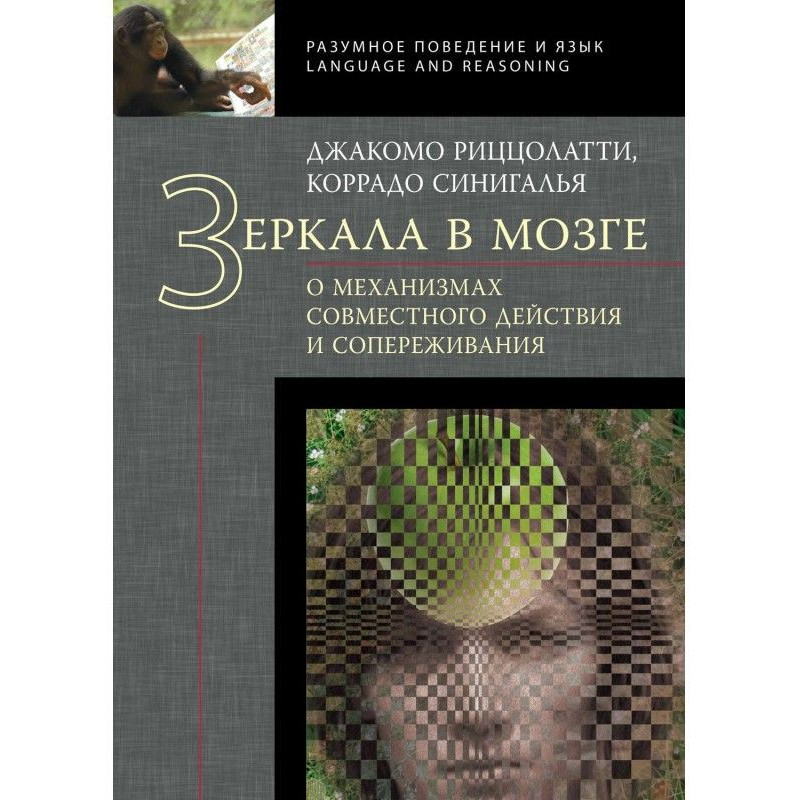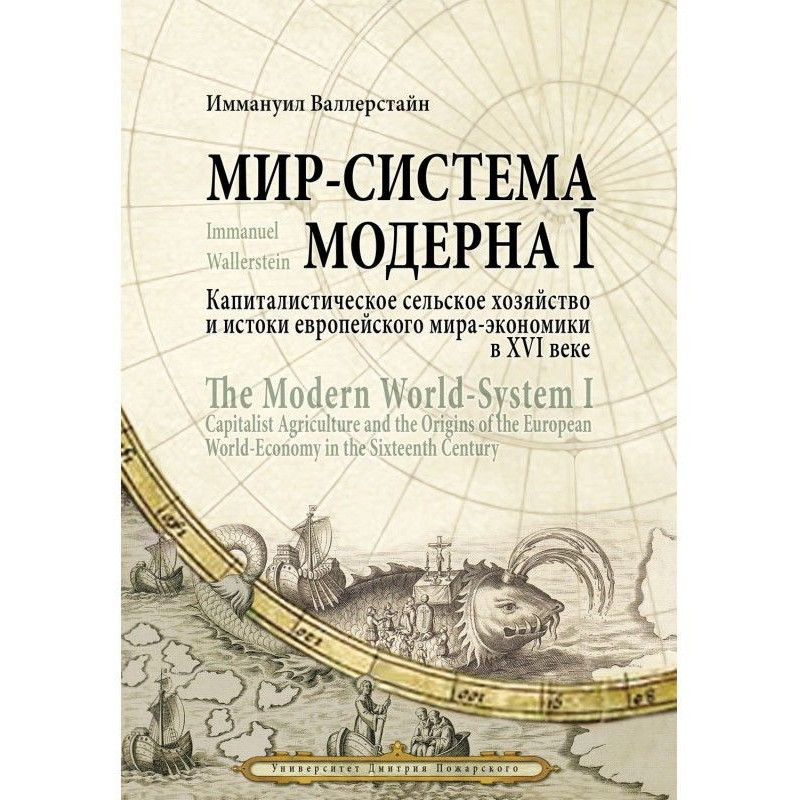Economic ethics of world religions: Experiences in comparative sociology of religion. Confucianism and Taoism
 Instant download
Instant download
after payment (24/7)
 Wide range of formats
Wide range of formats
(for all gadgets)
 Full book
Full book
(including for Apple and Android)
The book, for the first time, publishes in its entirety in Russian the first part of a fundamental study devoted to the relationship between the main religious movements and the nature of the societies that developed under their influence. The value systems and socio-ethical attitudes that arose within the framework of the ancient Chinese teachings of Confucianism and Taoism are considered. Weber compares both movements and analyzes their impact on the social and, above all, economic activities of their followers. Here, a taxonomy of ideal types of religiously motivated economic ethics is being developed, characterizing the socio-economic orientation of various strata. Published in 1904, the work “Protestant Ethics and the Spirit of Capitalism” largely revolutionized the idea of the role of religion in social and economic processes and gave its creator the right to be called one one of the fathers of modern sociology. Until now, the domestic reader could only perceive it as an independent, separate work. However, for Weber himself, it was an introduction to a full-scale project of studying world religions and their relationship with the system of economics and social life. This book, written ten years after the publication of “The Protestant Ethic,” analyzes the religious and philosophical concepts of China and reveals their participation in the formation of a unique social structure that allows the Celestial Empire to remain an independent and deeply distinctive power today.
Data sheet
- Name of the Author
- Макс Вебер
- Language
- Russian
- Translator
- Олег Васильевич Кильдюшов
Reviews
Розширює горизонти мислення
"Господарська етика світових релігій" - це книга, яка змушує задуматися про глибокі зв'язки між релігією та економікою. Вебер порівнює конфуціанство та даосизм, показуючи, як ці вчення формують цінності та етичні норми суспільства. Я вважаю, що ця книга розширює горизонти мислення і допомагає зрозуміти, чому різні культури мають свої унікальні підходи до господарської діяльності. Вона стане в нагоді не лише студентам, але й усім, хто прагне глибше зрозуміти світ навколо
Чудове поєднання теорії та практики
Книга "Господарська етика світових релігій" вражає своїм глибоким аналізом і порівнянням релігійних течій. Вебер чудово поєднує теорію з практичними прикладами, що робить матеріал більш зрозумілим і доступним. Я особливо ціную його здатність пояснювати складні концепції простими словами. Ця книга стала для мене справжнім відкриттям, і я впевнений, що вона буде корисною для всіх, хто прагне зрозуміти, як релігія впливає на господарську діяльність
Не для всіх
Хоча книга "Господарська етика світових релігій" має багато цінних ідей, я вважаю, що вона може бути важкою для сприйняття для тих, хто не має попереднього досвіду в соціології або релігієзнавстві. Вебер використовує складну термінологію та концепції, які можуть бути незрозумілі новачкам. Я сподівався знайти більше практичних прикладів та ілюстрацій, які б допомогли краще зрозуміти матеріал. Проте, для тих, хто готовий зануритися в глибини релігійної філософії, ця книга може стати справжнім відкриттям
Глибоке дослідження релігійних течій
Книга "Господарська етика світових релігій" є справжнім шедевром для всіх, хто цікавиться соціологією, релігією та культурою. Вебер майстерно аналізує взаємозв'язок між конфуціанством та даосизмом, розкриваючи їхній вплив на соціально-економічні структури Китаю. Його порівняльний підхід дозволяє читачеві зрозуміти, як релігійні цінності формують господарську етику та поведінку людей. Книга написана зрозумілою мовою, що робить її доступною для широкого кола читачів. Я б рекомендував цю книгу всім, хто прагне глибше зрозуміти культурні та соціальні механізми, що впливають на наше життя
Важливий внесок у соціологію
Ця книга є важливим внеском у вивчення соціології релігії, особливо в контексті китайської культури. Вебер детально аналізує, як конфуціанство та даосизм вплинули на формування соціальних норм і етичних установок у Китаї. Його дослідження допомагає зрозуміти, чому Китай має унікальний соціальний устрій, який відрізняється від західних моделей. Я вважаю, що ця книга буде корисною не лише для науковців, але й для всіх, хто цікавиться культурними особливостями різних народів

